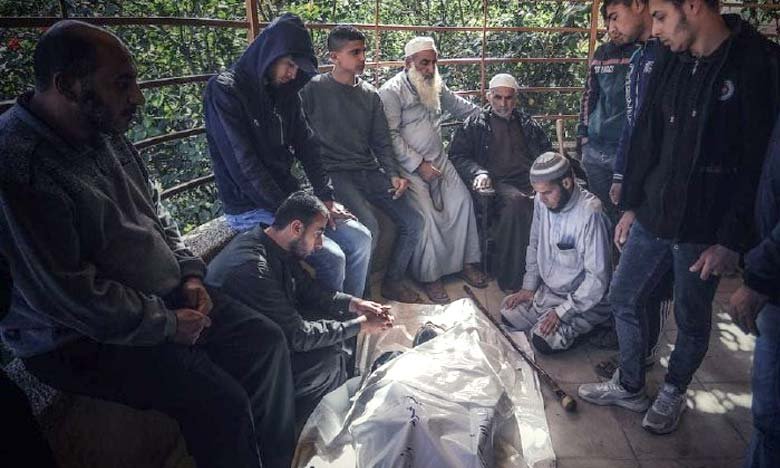58 Palestinians Killed, Dozens Injured in New Israeli Airstrikes on Gaza

Gaza, 19 March – (PIC): Israeli airstrikes on different areas of Gaza have killed 42 civilians on Wednesday, raising the death toll from today’s attacks to over 58.
In the northern part of Rafah, located in southern Gaza, an Israeli airstrike targeted a civilian vehicle, killing five people.
In central Gaza, a bombing on the home of the Al-Shibli family in the New Camp area near Nuseirat Camp killed a woman and a child, leaving several others injured, most of them women and children.
In the eastern part of Gaza City, three civilians were killed in an Israeli bombing near Al-Mahata Mosque in the Al-Tuffah neighborhood.
Local sources reported that an Israeli strike on a house in the Al-Sabra neighborhood of southern Gaza City killed 25 civilians, including children, and injured many others.
Four civilians were killed in a bombing on the home of the Abu Daf family on Salah Al-Din Street in the Al-Zeitoun area, south of Gaza City. Civil defense teams have recovered four bodies and rescued several injured people, but some victims remain trapped under the rubble.
In the Al-Shamaa area of Beit Lahia, in northern Gaza, an Israeli airstrike on the Al-Kalalan family home killed three people and injured others.
Medical sources had earlier reported that 16 civilians were killed in Israeli airstrikes on various areas of Gaza this morning.





